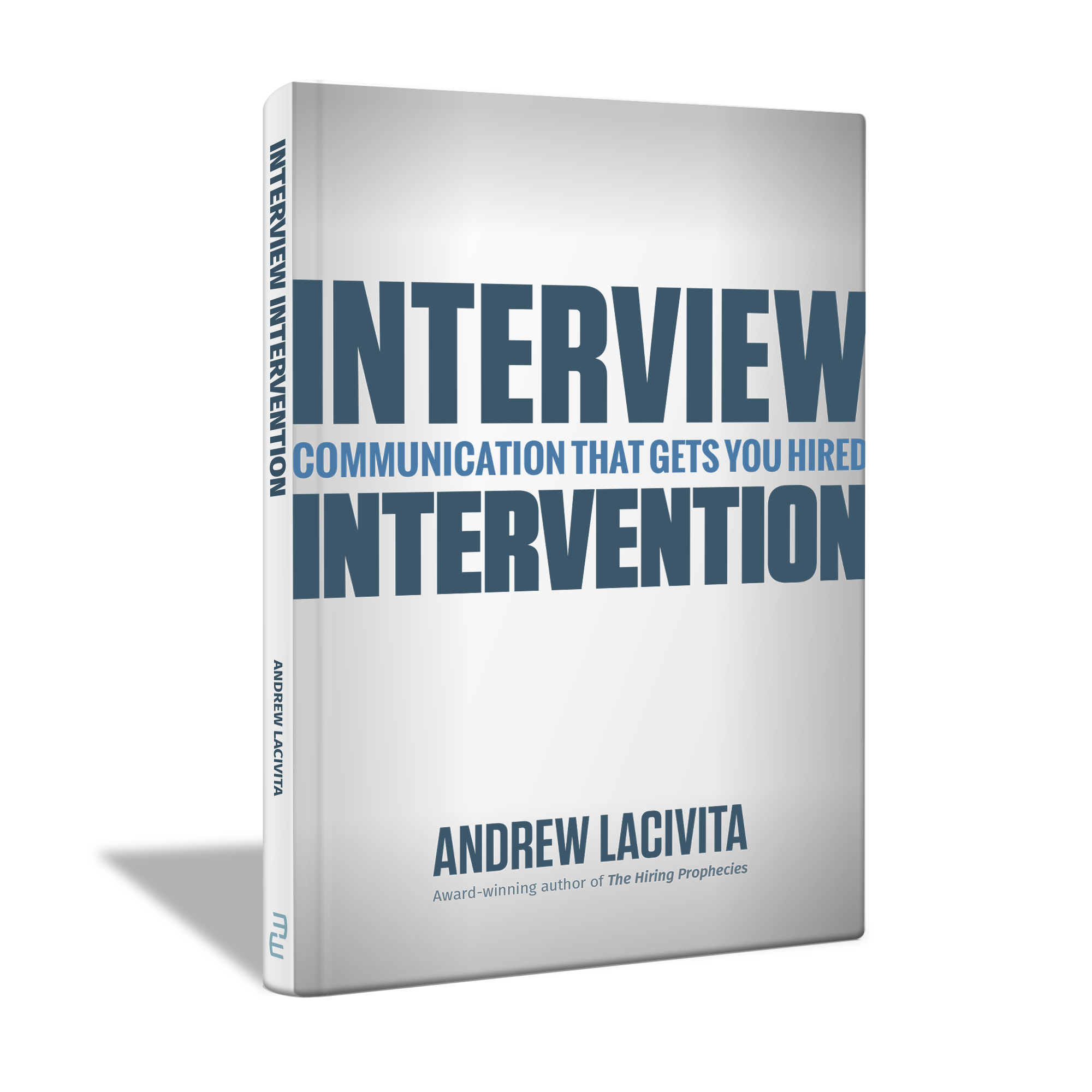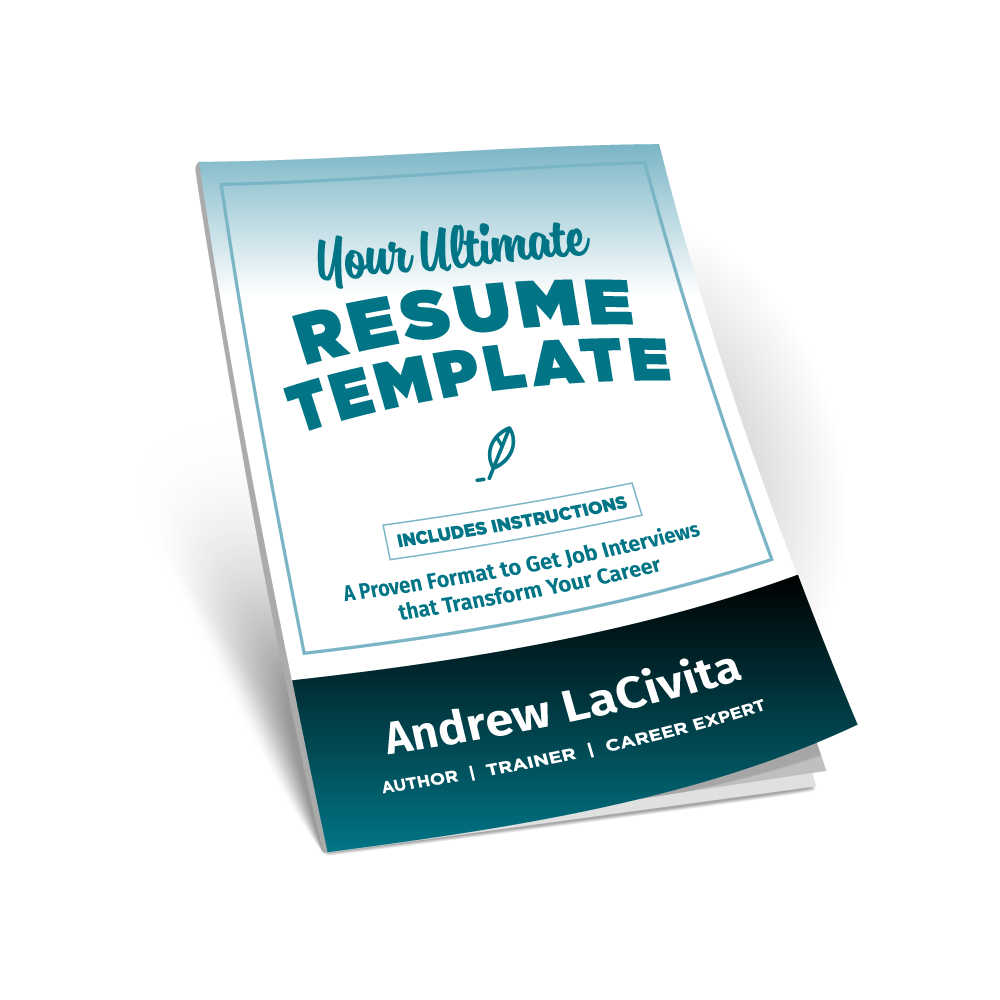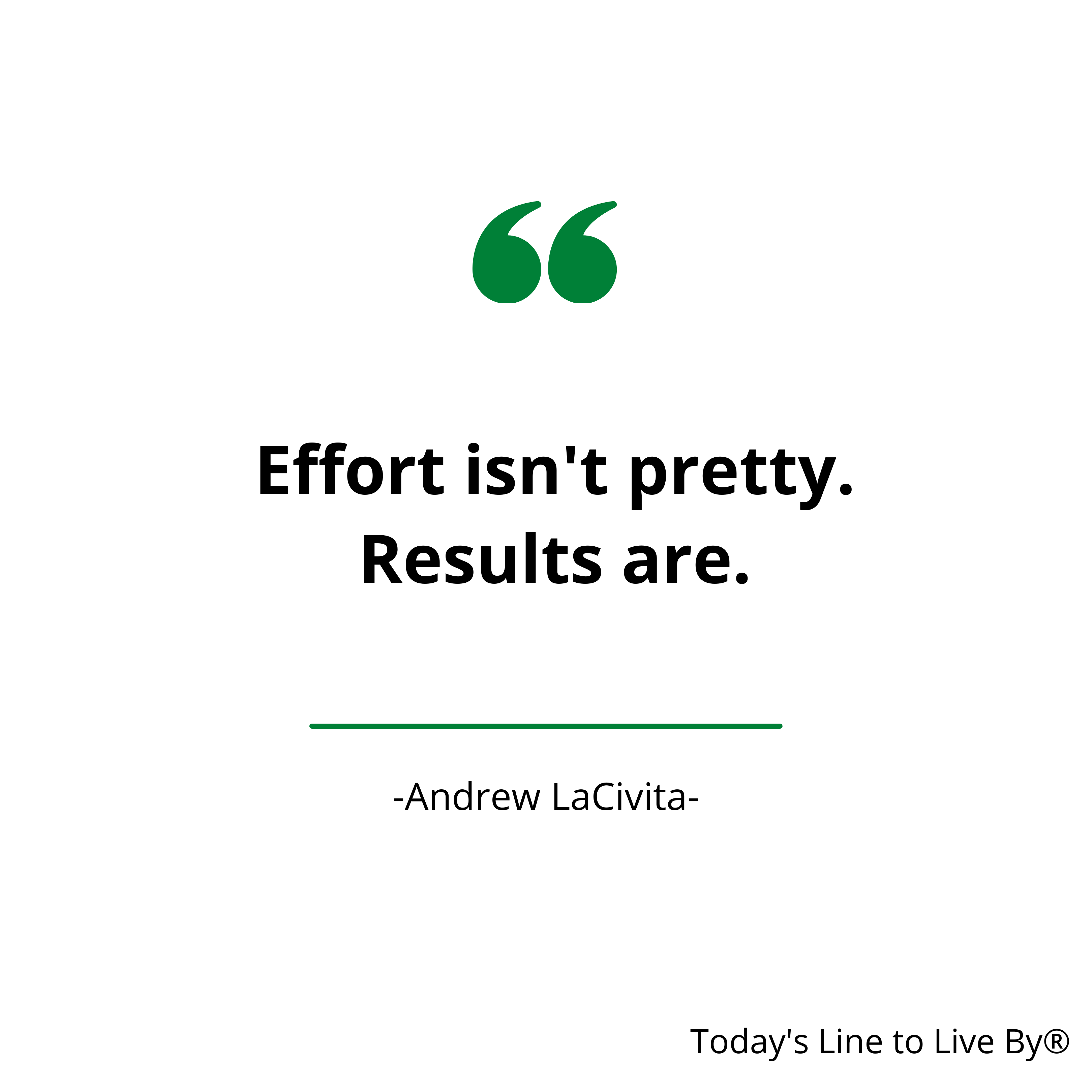As part of Interview Intervention: Communication That Gets You Hired, I included what I consider the 14 most effective job interview questions an employer can ask a job candidate. While there are loads of great interviewing techniques and questions, I feel it’s important to balance time and effectiveness when determining whether a candidate and employer relationship will be strong long-term.
To aid in that effort, I identified the 14 I consider the most comprehensive—to gain the best understanding of the candidate’s overall fit in the least amount of time. I am gradually releasing these through the blog and today’s is Number Five. You can see a complete list immediately by downloading a complimentary ebook from our site!
Effective Job Interview Questions #5: “What is the first act you’ll perform when you start?”
This question is rather wide and can come in different forms such as “How do you envision your first thirty (or sixty, and ninety) days on the job?” and “What do you know about the position?” Regarding the last example, I favor my originally cited question because it essentially conflates the two (i.e., what do you know and what will you do when you start?).
This question is designed to evaluate how much you know about the company and position as well as simulate how you would approach your initial days working for the company. The employer is trying to answer a number of questions. Does the candidate have a good understanding of the position? Do I need to share more information with her? Is she organized in her thinking and approach? How effective are her organizational skills?
An effective response to this question will include a confirmation of your understanding of the position followed by a list of your assumptions and completed with a thoughtful, organized approach, including specific details regarding what you will do. Below is an abbreviated example for a sales position.
Candidate: “I’d like to confirm my understanding that this sales position primarily focuses on securing new accounts from a provided list of targeted customers (as opposed to determining who I need to target or growing accounts from an existing customer base). If that were the case, I would forego any market research, at least upfront, required to determine which customers to target because I will focus on the list you provide.
“During my initial week, I assume I will either undergo training the company provides or educate myself on the products, services, and the company’s approach to selling them. Once I’ve completed the orientation process, I’ll align my network and relationships to the targeted list of customers to determine the overlap. I should be able to complete that assessment by the end of the second week I’m on the job. After that exercise, I will prepare a detailed thirty-, sixty-, and ninety-day schedule based on the jumpstart my relationships will provide. That will allow me to either create suitable metrics including number of phone calls, meetings, proposals, and so forth or help me determine my work pace based on any expectations and metrics you have in place.”
Obviously, there will be a significant content difference depending on the position for which you are interviewing, but the important points to note are that the candidate is providing a response that shows the interviewer a number of positive things. First, the candidate immediately introduces opportunities for the interviewer to clarify any incorrect assumptions. Second, the candidate is demonstrating that she knows how to execute sound sales processes, is metrics-driven, and has an organized, planned approach to how she will operate her day. Even if some of her assumptions are incorrect, the interviewer is able to gather the essentials she needs to make an accurate assessment of the candidate’s longer term potential.









Leave A Comment